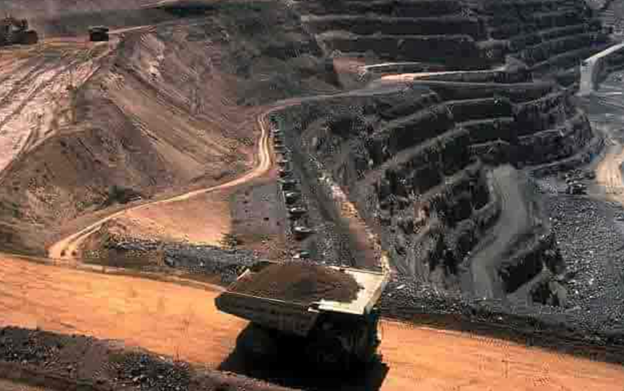The largest city in Tennessee, Memphis, is located on the Mississippi River in the state’s southwest. It serves as both Shelby County’s county seat and the main industrial and commercial hub of western Tennessee. Memphis’ higher cost of living is even more apparent when compared to Nashville, the state’s capital. Simply put, a higher portion of the population finds it more feasible to live in Tennessee. Why then is the cost of living so low there? The affordability of housing is a major factor in the low cost of living. In Tennessee, the average cost of a new home is close to $225,000, while Memphis Houses for Sale falls to about $100,000.
Memphis’ summer season lasts from May to September. The average temperature is frequently over 90 degrees, and there is also a lot of humidity. Although it is the city’s busiest travel period, heatstroke is a major worry, especially for those who are not used to the southern environment. Foodies adore the city’s finger-lickin’ BBQ. There are about a hundred barbecue restaurants in Memphis, each delivering a unique style. The World Championship Barbecue Cooking Contest is held in Memphis in May. Read on for 5 Memphis fun facts you may not have known.
1. National Civil Rights Museum
The National Civil Rights Museum is located in Memphis. It was started in the Lorraine Motel, which was also the scene of Martin Luther King Jr.’s murder in 1968. The nation’s first of its kind civil rights museum traces the movement’s history from the colonial era to the present. It was enlarged in 2002 to incorporate the Main Street Rooming House, a nearby structure where James Earl Ray is thought to have fired the shot that killed King.
2. The Memphis Blues
Memphis is a well-known center for music and has given birth to several notable “sounds.” Beale Street, where W. C. Handy, the “founder of the blues,” composed and performed his music, is one of the most well-known locations in the city. The Memphis Blues, composed by him in 1912 as a song for a Memphis mayoral race, was his debut blues piece. In Beale Street Blues, he immortalized the avenue (1916). On Beale Street, there is a park with a statue of Handy.
3. Industrial Development
Since the end of World War II, industrial development has become a more significant part of the city’s economy. Foodstuffs, chemicals, wood and paper products, electrical goods, and other items are all processed or produced in Memphis. The greatest cattle and meatpacking hub in the South is located in this city.
4. Inland Ports
Memphis, which handles more than 11 million tons of cargo each year, is one of the busiest inland ports on the Mississippi River. It is also a significant transportation hub with several highway, rail, and air access connections. There is also the Memphis International Airport. The airport boasts the biggest freight operation in the entire globe because FedEx’s headquarters are located in the city.
5. Birthplace of Rock and Roll
Elvis Presley started his recording career at Memphis’ Sun Records, also referred to as the “Birthplace of Rock and Roll,” in the 1950s, when his fame helped rock and roll become a widespread phenomenon. Elvis Presley’s songs and the music of upcoming artists are continually being played on Beale Street, especially in May when the Beale Street Music Festival takes place. Audiophiles can also enjoy the distinctive sounds of Issac Hayes, B. B. King, and Johnny Cash in Memphis bars. The Sun Studio, Stax Museum of American Soul Music, Memphis Rock N Soul Museum, and Graceland are a few well-known music destinations. All four locations are accessible with a Backstage Pass at a single cost.


